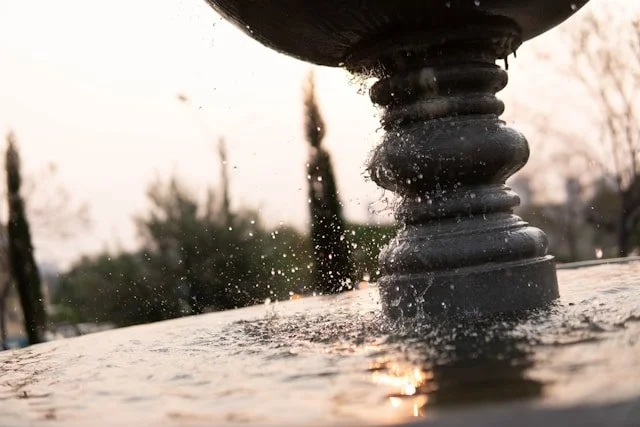1. They Don’t Know It, But Most Americans Are Unitarian Universalists: Jonathan Tjarks, who grew up as a Unitarian Universalist, is concerned for Americans, “Most Americans are Unitarian Universalists. They just don’t know it. Only 0.3 percent of Americans identify as members of the denomination, but its belief system has come to define our culture. The central message of the UU church is that you can believe anything you want—except that there are objectively right and wrong beliefs.
2. You Will Regret Giving In: Garrett Kell’s excellent post concludes, “You will not regret resisting sin. You will regret giving in. Choke temptation by taking refuge in Jesus and the means of grace he provides: pray to God, flee the scene, call a friend, and make a plan. As you begin to fight afresh, remember that what sin promises so much now will only steal your joy in God.”
3. Americans Finding Solace in Streaming, Not Scripture: Aaron Earls reports that while Americans’ engagement with the Bible had a bump in the early days of the pandemic, that interest has shrunk while Netflix only continues to grab more and more of our time.
4. Creating Defining Moments: My friend David Towne shares the story of how a lousy day at the doctor’s office turned into a moment of tearful gratitude of one of the nurses. I love this story.
5. The Comedy Wildlife Photography Awards: Some of these are sure to make you smile.














